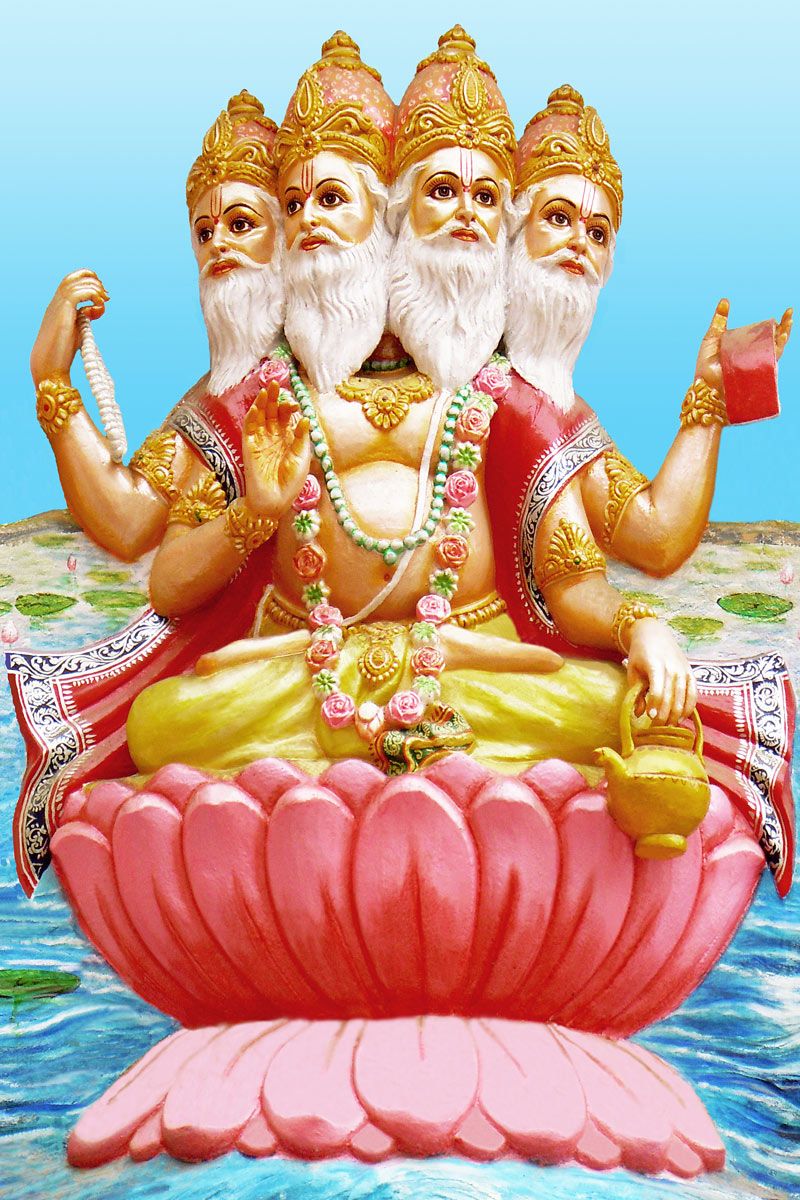Brahama is a term that resonates deeply within the realms of spirituality and philosophy, particularly in Hinduism. Often associated with the concept of the ultimate reality or the cosmic spirit, Brahama is considered the source of all creation. This article delves into the profound significance of Brahama, exploring its historical context, philosophical underpinnings, and cultural implications. Understanding Brahama is not just a journey into ancient texts and teachings; it is an exploration of the very essence of existence itself.
Throughout history, the idea of Brahama has influenced countless thinkers, artists, and spiritual leaders. It serves as a bridge between the material and the spiritual, inviting individuals to reflect on their place in the universe. From the Vedic scriptures to contemporary spiritual practices, the concept of Brahama continues to inspire and provoke thought. This article aims to unravel the layers of meaning behind Brahama, providing readers with insights into its significance across various contexts.
As we embark on this exploration, we will address some pivotal questions surrounding Brahama. What is its role in the creation and sustenance of the universe? How has the understanding of Brahama evolved over time? What relevance does it hold in today’s world? Join us as we navigate through these inquiries, aiming to provide a comprehensive understanding of Brahama and its impact on human consciousness.
What is the Historical Context of Brahama?
The concept of Brahama finds its roots in ancient Indian philosophy, particularly within the Vedas, which are considered the oldest sacred texts in Hinduism. Brahama is often depicted as the creator god, responsible for the formation of the universe. In the Vedic literature, Brahama is described as the ultimate reality, transcending all forms and distinctions. To comprehend Brahama, one must delve into the intricate relationship between existence, consciousness, and the cosmos as understood by ancient sages.
How Does Brahama Relate to Other Deities?
Brahama is not to be confused with Brahman, which refers to the universal spirit or consciousness. In Hindu cosmology, Brahama is often depicted alongside Vishnu and Shiva, forming the Trimurti, or the three principal deities responsible for creation, preservation, and destruction, respectively. While Brahama is the creator, Vishnu sustains, and Shiva dismantles, together they embody the cyclical nature of the universe.
What Role Does Brahama Play in Hindu Philosophy?
Brahama serves as a foundational concept in Hindu philosophy, particularly in the teachings of Advaita Vedanta. This non-dualistic school of thought posits that the individual soul (Atman) is fundamentally one with Brahama. Understanding this unity is essential for spiritual liberation (moksha). The realization of one's identity with Brahama leads to a profound transformation, allowing individuals to transcend the illusion of separation and experience oneness with the universe.
What are the Cultural Representations of Brahama?
Brahama's representation in culture is multifaceted, encompassing art, literature, and ritual practices. In classical Indian art, Brahama is often depicted with four faces, symbolizing the four Vedas and the comprehensive nature of knowledge. His imagery reflects the notion of omniscience and the ability to perceive all aspects of creation. Additionally, Brahama's festivals and rituals are celebrated in various regions of India, highlighting his importance in the spiritual landscape.
How Has the Understanding of Brahama Evolved Over Time?
Over the centuries, the interpretation of Brahama has evolved significantly. While ancient texts emphasize Brahama's role as the creator, later philosophical developments have shifted focus towards Brahman, the ultimate reality. This transition reflects a broader understanding of spirituality, moving from a personal deity to an impersonal cosmic principle. Contemporary spiritual movements often emphasize the meditative and experiential aspects of Brahama, allowing individuals to connect with the divine in unique ways.
What is the Relevance of Brahama in Today's World?
In the modern context, the concept of Brahama remains highly relevant. As individuals seek meaning and purpose in an increasingly complex world, the teachings surrounding Brahama offer profound insights into the nature of existence. The idea that all beings are interconnected and part of a greater whole resonates with contemporary movements focused on sustainability, compassion, and global unity. Embracing the essence of Brahama can inspire individuals to engage with the world more consciously and harmoniously.
Conclusion: Embracing the Essence of Brahama
In summary, Brahama is not merely a concept confined to ancient texts; it is a living principle that continues to inspire and guide individuals on their spiritual journeys. Understanding Brahama leads to a deeper appreciation of the interconnectedness of all life and the divine essence that permeates the universe. As we reflect on the significance of Brahama, let us strive to embody its teachings in our lives, fostering harmony, compassion, and a profound connection with the world around us.
Personal Details and Bio Data
| Attribute | Details |
|---|---|
| Name | Brahama |
| Origin | Hinduism |
| Role | Creator God |
| Associated Concepts | Brahman, Trimurti, Atman |
| Cultural Significance | Art, Philosophy, Rituals |
| Modern Relevance | Spirituality, Interconnectedness |
You Might Also Like
Evan Cohen's Wife: A Glimpse Into Their Life TogetherExploring The Mystique Of Козарт Кимора Соша
Exploring The Family Life Of Javier Bardem And Penélope Cruz: Their Children And More
Exploring The Terrifying World Of Horror Vegamovies
Loni Willson: A Journey Through Art And Inspiration
Article Recommendations
- East Multnomah Soil And Water Conservation District
- Rufus Du Sol Los Angeles
- Germania Insurance Amphitheater


